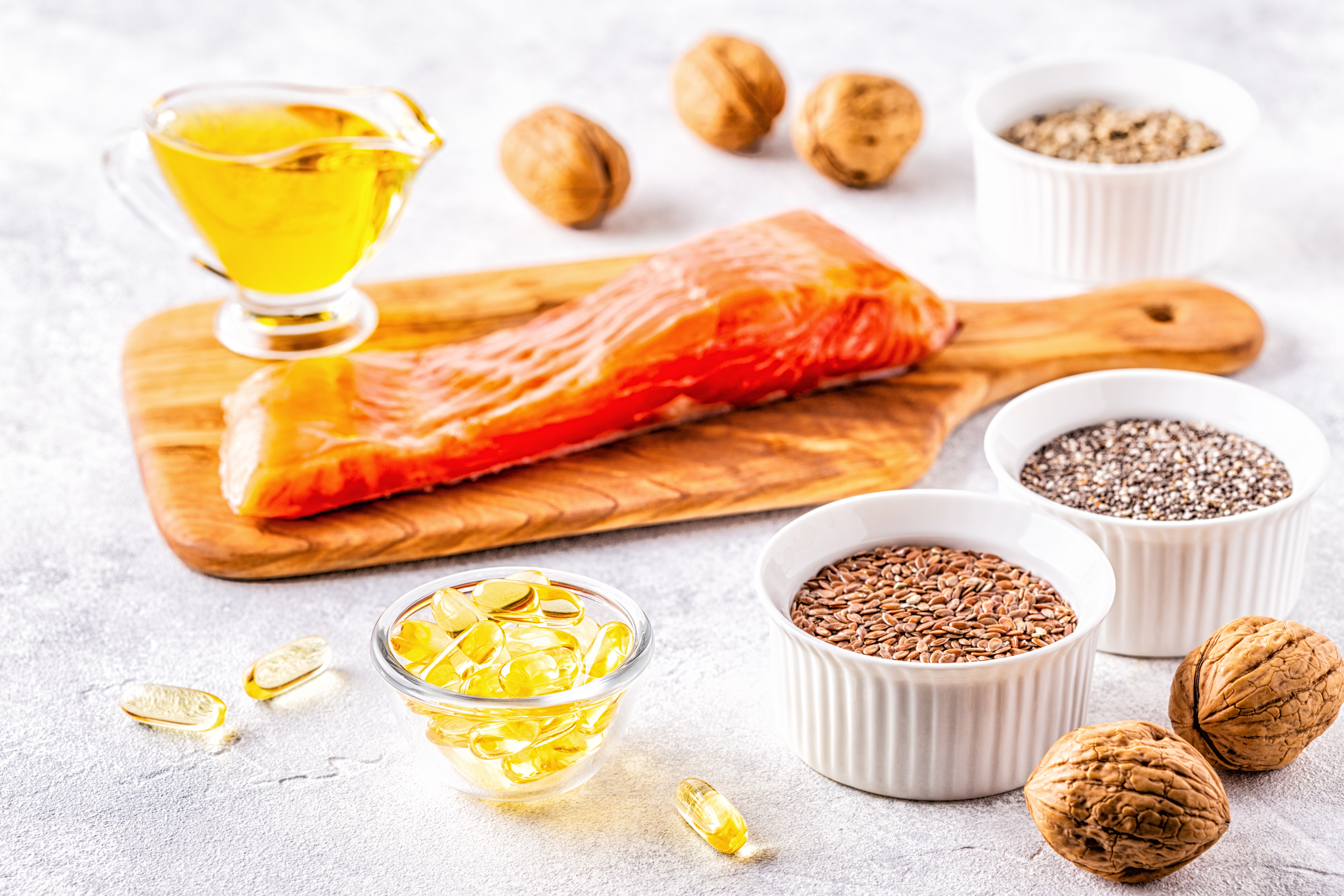11 Groundbreaking Home Remedies to Soothe Chronic Pain
3. Harnessing the Benefits of Omega-3 Fatty Acids

Omega-3 fatty acids, commonly found in fish oil, have long been recognized for their cardiovascular benefits, but their potential in managing chronic pain is equally significant. These essential fats play a crucial role in reducing inflammation, which is a primary driver of discomfort in conditions such as arthritis, fibromyalgia, and neuropathy. By incorporating omega-3-rich foods like salmon, walnuts, flaxseeds, and chia seeds into daily meals, individuals can support their body’s natural anti-inflammatory responses. Studies suggest that omega-3s help modulate the immune system, decreasing the production of inflammatory compounds such as cytokines and prostaglandins. This shift can lead to a noticeable reduction in joint stiffness, muscle soreness, and overall pain levels. Many individuals also turn to omega-3 supplements, such as fish oil or algae-based alternatives, to ensure they receive a consistent dose. By making omega-3s a regular part of the diet, chronic pain sufferers can experience long-term relief and improved mobility, all while benefiting from their broader health advantages.
4. The Calming Influence of Mindfulness Meditation

Mindfulness meditation, a practice rooted in Buddhist traditions, is gaining widespread recognition for its ability to alter the way the brain perceives pain. Rather than eliminating pain itself, mindfulness trains the mind to observe discomfort without resistance, reducing the emotional and psychological distress that often accompanies chronic pain conditions. Scientific research has shown that meditation can rewire neural pathways, increasing activity in areas of the brain associated with emotional regulation while dampening pain-processing regions. Studies on individuals with chronic conditions such as fibromyalgia, migraines, and lower back pain have demonstrated that mindfulness can lead to significant improvements in pain tolerance, mood, and overall well-being. For those new to the practice, guided meditations, breathing exercises, and body scans can serve as effective entry points. Consistently practicing mindfulness for just 10 to 20 minutes a day can help build resilience against pain, lower stress levels, and enhance quality of life—making it a valuable tool in holistic pain management.
